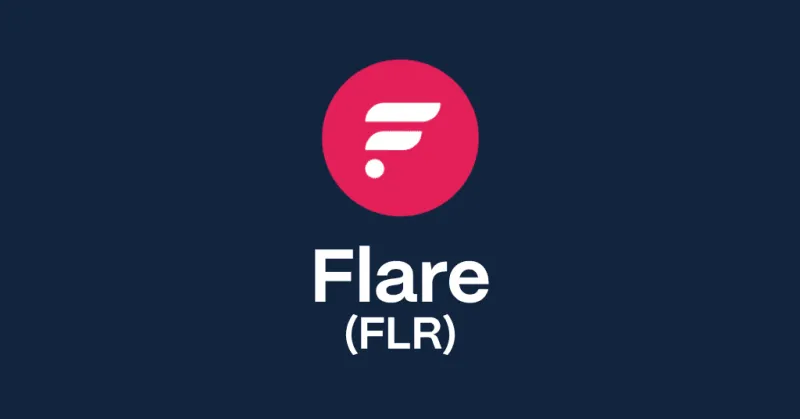ReserveBlock, the open-source autonomous and decentralized Layer 1 protocol that aims to bring greater utility to non-fungible tokens (NFTs), has launched a key feature in the RBX core wallet that anyone can use to initiate a self-custody marketplace without the need for a third party.
The new peer-to-peer auction and collection features are a first-of-its-kind for any Layer-1 blockchain and enable RBX users to hold auctions of minted assets such as NFTs via their non-custodial wallet. ReserveBlock has created several tools for users to do this, allowing them to create “bid” and “buy now” functions for assets they’re trying to sell directly to peers.
ReserveBlock is an interesting project aiming to democratize access to digital assets and make them simple for anyone to use. It’s based on a scalable, utility-driven protocol backed by decentralized storage, on-chain royalty enforcement, and programmable smart contracts. It supports evolving NFTs with attributes that can change over time. With ReserveBlock, users can mint, buy and sell NFTs with minimal fees, all without relying on a centralized marketplace. The network is based on a master node architecture that allows anyone to participate as a validator if they hold at least 1,000 RBX tokens in their wallet. No staking is required.
To create an auction or a self-hosted store that can be published through social media, users must pay 10 RBX as a publishing fee immediately burned. Once the auction or store has been set up, they can engage with interested buyers via a real-time chat tool accessible within the wallet app. In this way, publishers can easily communicate additional information about the digital assets they’re trying to sell.
Asset creators have a lot of protection built into the wallet-hosted marketplace. The protocol enforces on-chain royalties, so creators can use smart contracts to ensure they receive a percentage of the fee from all future sales. The auction engine will also enforce bid fulfillment. Users can only bid on an asset if they hold the requisite funds within their wallet, and the amount they bid will go into a kind of escrow smart contract. If their bid fails, their funds are returned; if it wins, the funds are sent directly to the seller. Once the funds have changed hands, the asset will automatically be transferred to the buyer’s wallet.
In this way, ReserveBlock has created the first user-controlled NFT marketplace, enabling trustless engagement and transparent ownership of assets. ReserveBlock said it would activate its auction engine within its core wallet this week, with more functionality in future updates.

 Nikolas Sargeant
Nikolas Sargeant







